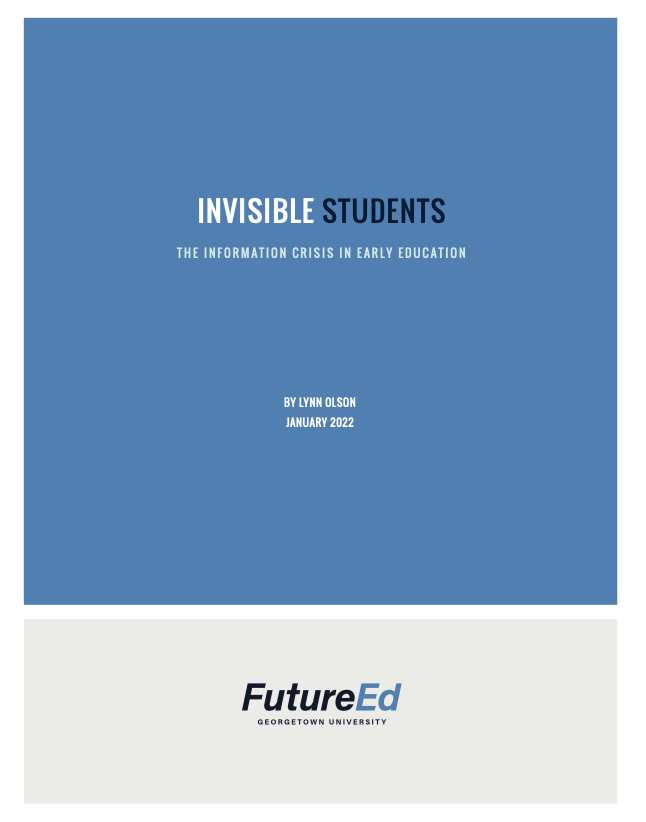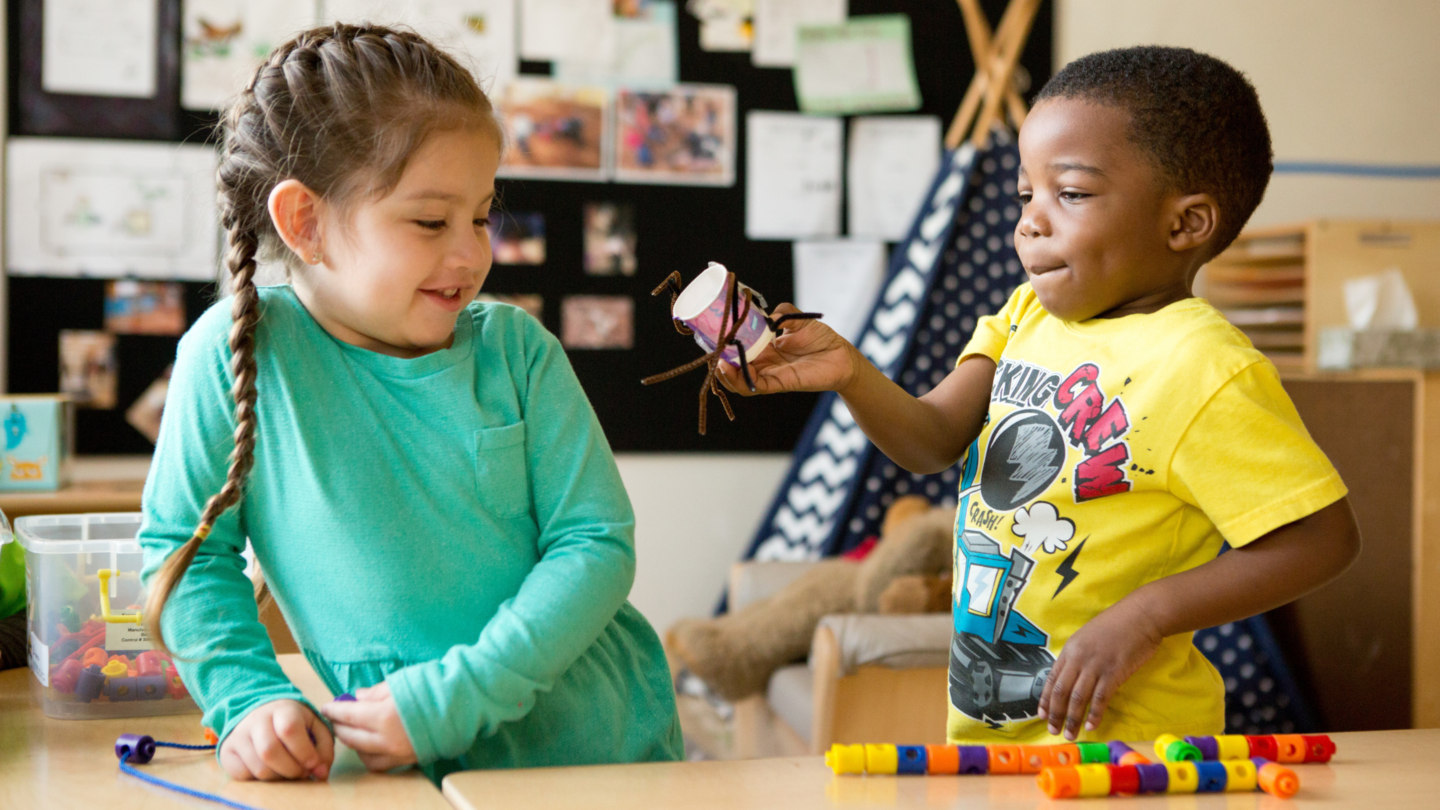 No part of the nation’s education infrastructure has been more disrupted by the pandemic over the past two years than early learning—where students acquire the foundational academic, social and emotional skills that are critical to success in school and beyond.
No part of the nation’s education infrastructure has been more disrupted by the pandemic over the past two years than early learning—where students acquire the foundational academic, social and emotional skills that are critical to success in school and beyond.
Nationwide, preschool participation plunged from 61 percent of students eligible pre-pandemic to 36 percent at the outset of the 2020-21 school year. Nearly half of kindergartners in 41 states were falling well below grade-level benchmarks midway through that school year.
But the nation’s capacity to respond to the crisis—and the potential of the pending federal Build Back Better legislation to greatly expand and improve child care and pre-kindergarten—is threatened by fragmented governance, a systematic lack of reliable information about the nation’s youngest learners, and weak alignment between pre-schooling and elementary education.
This new FutureEd report by Senior Fellow Lynn Olson explores the depth and breadth of these problems, examines their causes and consequences, and points to solutions, including work underway in Virginia and other states to build stronger governance, performance, and information systems in early education.
Read Tough Test: The Nation’s Troubled Early Learning Assessment Landscape

